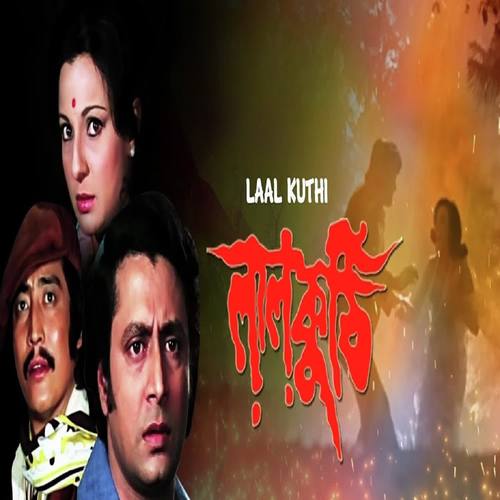


He relished the wide repertoire of the music of Bengal with diverse flavours including bhaktigiti (devotional songs), folk songs, classical Bengali music, colloquial version of music from kavigaan asor (Bard’s Duel), songs of troubadours and collected bits and scraps from everywhere, his identity emerging to be a fascinating collage of musical memories. His sincere efforts got the recognition they deserved as he eventually began composing songs in the local language. He has no hidden agenda to dismantle the native’s house with the native’s tool rather he believes that a culture and its language are interminably connected, and so learning one and leaving out the other would only be a half-learning. As he decides to settle down, he also endeavours to master the local language.

Jaatishwar thus overturns the imperial assumption of the West to look down upon the East as exotic, strange and unfamiliar by indigenising the Westerner. Srijit Mukherjee’s film presents Anthony as a de-anglicized Westerner, who gives up his Western clothes for a typical Bengali one. Naturally therefore he is shown to be at ease in a distant land: ‘ Ei banglay bangalir beshe anondete achi’. When Antony sings ‘ Sosur bari baper bari eki poshak eki besh/ ei desheri chhele ami Firingeero Bangladesh‘, one unmistakably notes the earnest urge of a settler to belong to the community where he is a guest. Anthony’s negotiation with this ambivalence of colonial process – rejected by a section of the conservative rural population and at the same time accepted as the Kaviraaj, the lord of Kavigaan, by the most established singer Bhola Moira in a Kavigaan asor (gathering arranged especially for bard’s duel) arranged in the urban atmosphere of Calcutta – is remarkably addressed in his songs. In the cosmopolitan Calcutta, he had to struggle harder for acceptance but the enlightened upper-class ambience gives him a scope to display his talent and he eventually succeeds in creating a space for himself. The film addresses the ambivalence, dormant in settler-native discourse – while Antony becomes a Kaviyaal, he is also shown as a social outcast, castigated by a section of local Bengali rural community his world views and actions are held in tension with the conservative outlook of those communities. ‘Antony Firingee’, as he was popularly referred to, refused to be a firingee or foreigner in derogatory terms, showing impeccable strength to resist such demarcation by becoming one of the popular Kaviyaals (folk artists) of his age. Srijit Mukherjee’s Bengali movie, Jaatishwar (reincarnation), is a musical memoir, concentrating on the arrival and settlement of Hensman Antony ( 1786– 1836), a folk artist of Portuguese origin, in colonial Bengal.

‘Kavigaan’, the Site of Contact: Re-exploring the Ambivalence of Colonial Encounter in Jaatishwar.


 0 kommentar(er)
0 kommentar(er)
